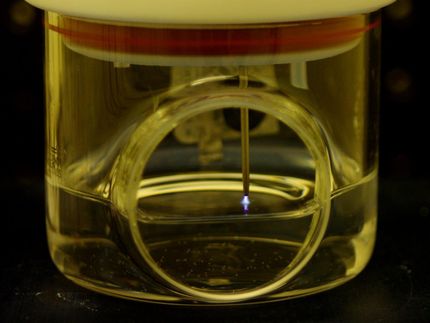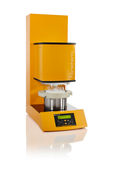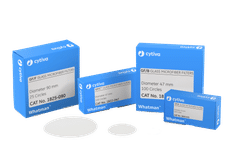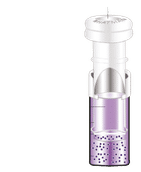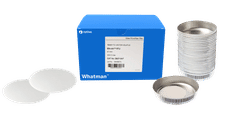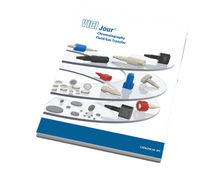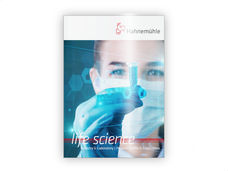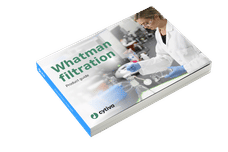The coffee filter method is outdated
Mechanik Center Erlangen is now offering ISOPur, a system for cleaning industrial oils efficiently
Advertisement
Mechanik Center Erlangen GmbH (MEC), a subsidiary of the Siemens Industrial Solutions and services Group (I&S), is now offering industrial users a cost-saving system called "ISOPur" for effectively cleaning oils used for lubrication and in hydraulic systems and machinery.
Within the framework of a sales agreement with Isopur Inc., Mechanik Center Erlangen is to sell ISOPur systems in Germany and is taking over a part of production for the European market. The ISOPur system is based on the electronic fluid dialysis method, developed by the US company, Isopur Inc., Cheshire, Connecticut, and enables the removal of foreign bodies down to a size of under 0.1 micrometers. The lifetime of the oils cleaned in this way increases considerably, while oil-related shutdown times as well as maintenance and repair costs are reduced. A return on investment is often achieved within only six months. Moreover, the amount of old oil is reduced.
When lubricating, hydraulic and machine oil is used, it eventually becomes contaminated by rubber from seals, for example, or as a result of abrasion. In addition, small amounts of water tend to mix with the oil. This not only encourages the growth of bacteria and fungus but also leads to sludge formation and the corrosion of pipes and containers. The effectiveness of the oil decreases and mechanical components undergo a much faster rate of wear. The oil has to be replaced again and again, either in the short run or the long run, the consequence being cost-intensive shutdown times as well as high maintenance and repair costs. The old oil produced also has to be disposed of and can harm the environment.
Most conventional filter systems are still using the 50-years-old "coffee filter method", in other words, mechanical filtering. This method works only for particles larger than two micrometers and eventually generates pressure loss in the system so that greater pumping power is required. In addition, the filtering effect sinks rapidly because the particles block the pores. Centrifugal filtering also has disadvantages: internal deposits are not removed and the method has no effect on bacteria. Apart from this, high costs are incurred due to the frequency with which the filters have to be cleaned. These two methods do increase the length of time during which the oil can be re-used but only by a relatively small amount.
ISOPur is based on the patented electronic fluid dialysis (EFD) method, which splits up the fluid to be cleaned into two volumes. These are then exposed to electrostatic fields under controlled conditions, during which the particles in each volume of fluid are ionized. In one volume, positively charged particles are produced and, in the other, negatively charged ones. When, after this procedure, the two volumes are mixed, the differently charged particles attract each other, thus forming larger particles. The latter can then be simply separated out into a separate container. As a result of EFD, the oils can be used for a period of many years. Particles down to a size of less than 0.1 micrometers can be reliably removed in this way, an advantage which even enables the quality of the original oil to be improved in many cases.
The ISOPur method can be applied to all non-conductive fluids. These include, for example, lubricating oils in gas and steam turbines, diesel engines or turbo-compressors as well as in hydraulic systems and transformers.
Within the framework of the agreement, Mechanik Center Erlangen in Germany is now supplying modular ISOPur systems in four standard product lines for flow-rates of 200 to 23,000 liters per hour and tank sizes between 400 and 60,000 liters. The agreement does not cover the food and beverages industry or the automotive industry. In addition, all the equipment sold in Germany will be made by Mechanik Center Erlangen in future and, on behalf of Isopur Europe, other systems will also be manufactured for the European market.



